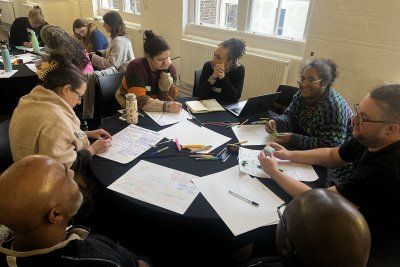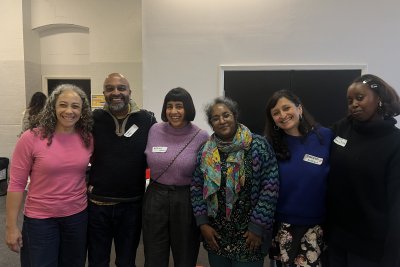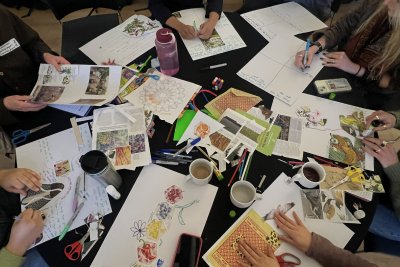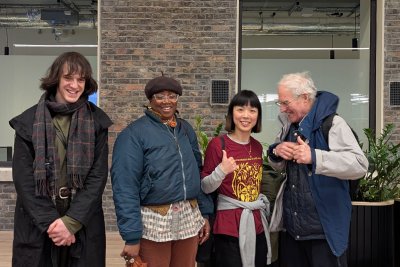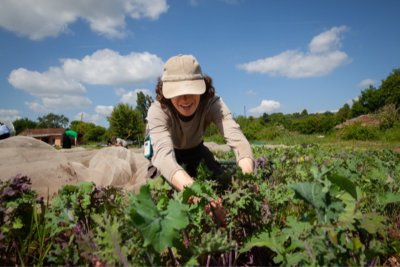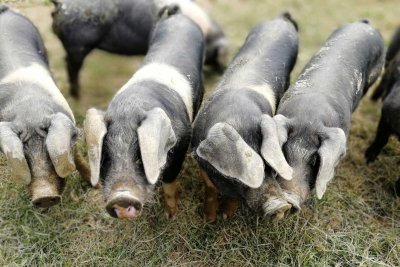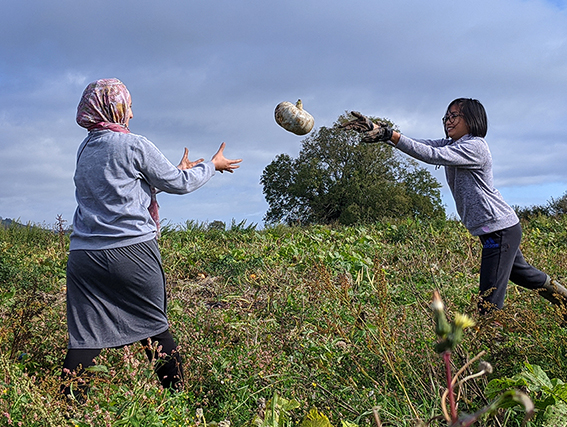 The Community Farm, Bristol Credit: The Community Farm
The Community Farm, Bristol Credit: The Community Farm

The forgotten role of the council smallholding in accessing land for agroecology
In this guest blog, Bristol Food Producers coordinator Steph Wetherell explores 'the council smallholding' as an avenue for accessing land for agroecological farming in Bristol's peri-urban areas to create equitable opportunities in the sector.
There’s been a lot of press over the past few years about the decline in county farms, with almost half of county farms being sold over since the 1970s. In the past decade, the grip of austerity has gripped councils, and the sale seems to have accelerated - for example, Somerset County Council has sold of two thirds of its county farms in this period. There has been some high profile campaigning to stop the sell off and protect these farms, with hopes that they can be preserved to help support new entrants accessing land and get into farming.
But while county farms have been hitting the headlines, their overlooked counterpart, the council smallholding, seems to have been flying under the radar. The three counties (South Glos, North Somerset, North East Somerset) that surround Bristol, the city where I live and work, have 4,295 acres of county farms between them, yet Bristol has none.
Instead however, the council owns an estimated 650 acres of smallholdings and agricultural land which tend to get ignored in the ‘land for food growing’ conversation and run the risk of being missed by potential national support that might be heading the way of County Farms.
As part of the Fringe Farming project that we’ve been involved in with Sustain and Shared Assets, we’ve been looking at issues around peri-urban land in Bristol, and how to open up access to this precious resource for food production. In Bristol, a majority of the peri-urban agricultural land that falls within the limits of the city is this smallholding and agricultural land owned by Bristol City Council, with other public landowners such as the University of Bristol, University of the West of England and the NHS also owning sizable chunks.
Around ten years ago, a number of new farms and growing sites including Sims Hill Shared Harvest and Grow Wilder were established on Bristol City Council land. This was the direct work of the smallholdings officer in the council at the time, but after cuts to council budgets in 2016, this officer was made redundant, and since then no new significant sized growing or farming projects have been initiated on council land. Despite positive conversations, there has been no real progress, and the smallholdings and agricultural land have become an underutilised resource, and no clear avenue to access any land that is available.
These smallholdings, like many county farms, are quite simply not valued as an asset by the council - and this is why we are seeing so much of this land across the country sold off, developed or under managed.
In the past few years, there has been significant progress in the city on food related issues - Bristol has just been awarded a ‘Gold’ Sustainable Food Places award, and there is a Food Equality Strategy and Action plan currently being developed by Feeding Bristol. The need for good food to be accessible to all is finally firmly in the political mindset in the city, but this doesn’t seem to have connected in the council to the need for land to produce this food. Covid has shown the need for a resilient food system, and right now in Bristol, access to land is one of the biggest barriers to this.
The Fringe Farming project has allowed us the time and resources to revisit these issues. We put together a briefing highlighting the current situation and arranged an event for stakeholders specifically around the issue of peri-urban land. Following the event, we’ve updated the briefing with an action plan that makes key asks of Bristol City Council, including providing resources to manage the smallholdings once more, and outlining three areas of activity that are needed to develop this work further. A key aspect of this work is to levy the political will with the practical need - council officers themselves are often supportive of the principle, but lacking the resource or authority to bring about the changes needed.
By engaging with city councillors we are aiming to highlight the importance of these council smallholdings and ensure they are not only protected, but also correctly utilised to help produce healthy, local, nutritious food for everyone in the city.
Importantly we are focusing on access to land and training initiatives that aim to generate equitable opportunities for all Bristolians to make a livelihood in the food sector, considering structural barriers that make food and farming the least diverse profession in the UK.
Read the Bristol Fringe Farming briefing to find out more about the next steps to increase peri-urban agroecological farming in the Bristol area.
Sustainable Farming Campaign: Pushing for the integration of sustainable farming into local, regional and national government policies.
Sustain
The Green House
244-254 Cambridge Heath Road
London E2 9DA
020 3559 6777
sustain@sustainweb.org
Sustain advocates food and agriculture policies and practices that enhance the health and welfare of people and animals, improve the working and living environment, promote equity and enrich society and culture.
© Sustain 2026
Registered charity (no. 1018643)
Data privacy & cookies
Icons by Icons8

